167 products
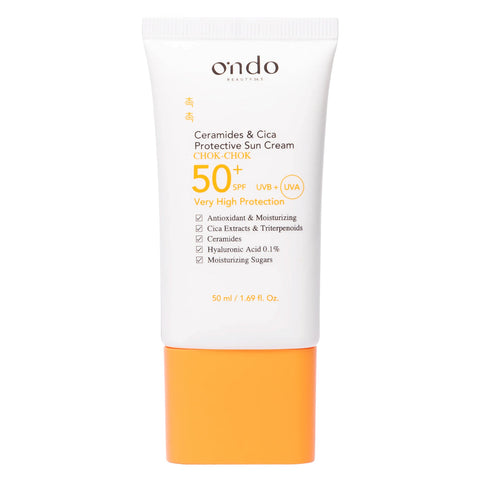
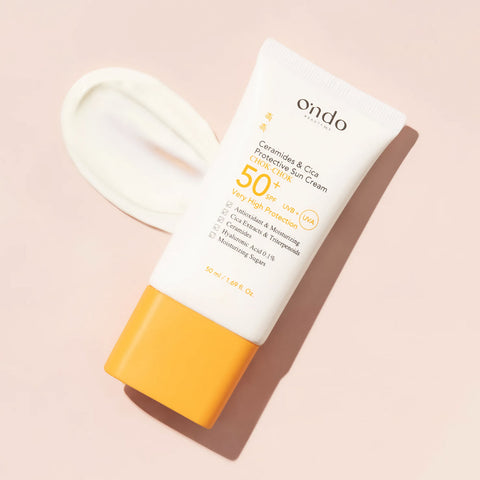
Skincare for aging skin with Korean cosmetics
Koreans are masters at preventing and reducing the signs of aging in the skin. And even though their skin is different from e.g. Nordic skin, Korean well-age skin care products are definitely the world's top class, which every skin can benefit from.
As we age, our skin loses its elasticity and the visible signs of aging begin to creep up little by little. Although we cannot prevent the aging of our skin at least yet, we can facilitate its visible changes in many different ways.
In our thirties, as collagen and elastane decrease in our body, the main protein of our skin, keratin, loses its structure and becomes more elastic. As a result, for example, the lines appear more clearly. Now is the best time to start using retinol.
By the time you reach the age of forty, you have lost about 60% of the skin's natural ceramides, which bind the gaps between skin cells together and prevent moisture from escaping. So what's the help? Add ceramides to your skin care routine. Skin care products containing ceramides help supplement the skin's ceramide deficiency, so the skin starts to look and behave like a younger version of itself, so the skin stays better moisturized, firm and plump. Ceramides should be combined with products containing e.g. amino acids, glycerin, antioxidants, retinol, niacinamide or peptides.
Around the age of fifty, the skin loses about 25% of the remaining collagen, 30% of the skin's lipids, and skin regeneration drops by 36%. The amount of peptides in the skin also collapses. Peptides give the skin its strength and elasticity.
In the sixties, the skin's sebum production decreases, so the skin needs an extra dose of moisturizing skin care products. So add ceramides to your routine, which help the skin stay more moisturized and make the skin look more youthful.
The best anti-age and well-age ingredients
The best ingredients for treating aging skin include collagen, retinol, retinal, bakuchiol, hyaluronic acid, vitamin C and snail mucin.
The first signs of skin aging, which are likely to be noticed in your forties (skin dryness, skin thinning), only intensify with age.
As we grow older, the skin becomes (even more) drier, less elastic, also fine lines and deep wrinkles appear, and even acne and dark spots. Everyone's skin ages differently, but fortunately, every skin type benefits from a suitable skincare routine.
Many ingredients that are beneficial for 40-50-year-olds are also useful for 60-year-olds and beyond, even in skincare for people in their 70s.

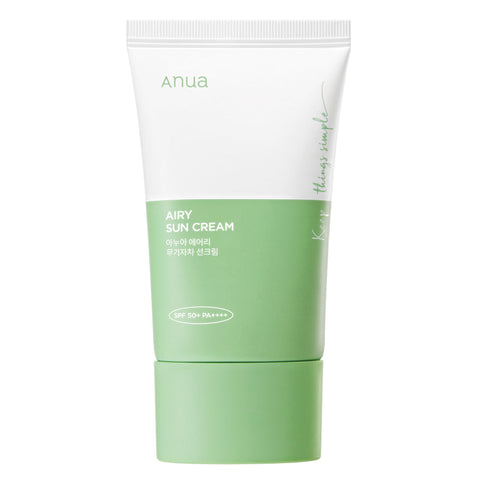
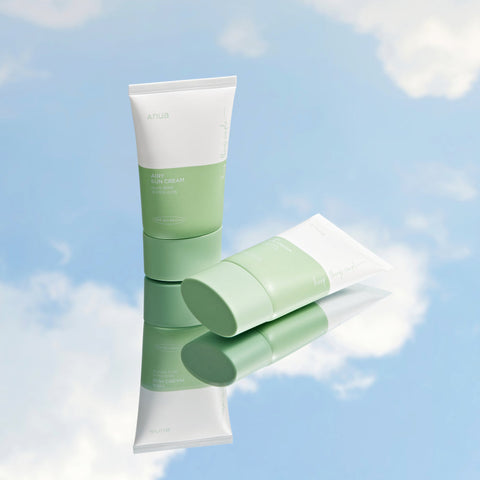
![[Round Lab] 1025 Dokdo Ampoule](http://yepposoonsoo.se/cdn/shop/files/Round-Lab-Dokdo-Ampoule.png?v=1751573402&width=480)
![[Round Lab] 1025 Dokdo Ampoule](http://yepposoonsoo.se/cdn/shop/files/round-lab-1025-dokdo-ampoule-4_e009f67d-6765-4861-9b7c-85183b6f1204.jpg?v=1751573402&width=480)
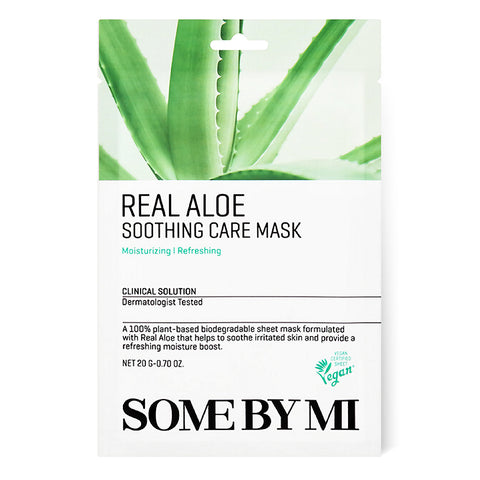
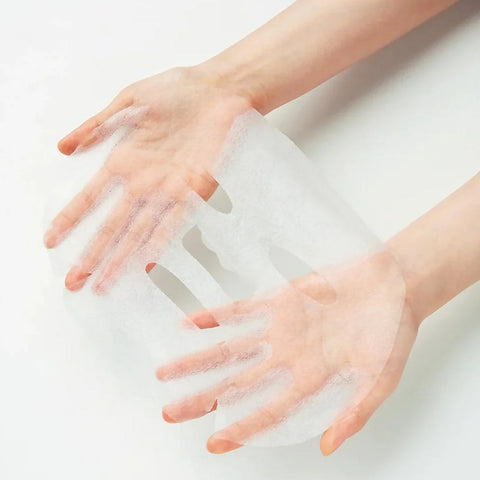
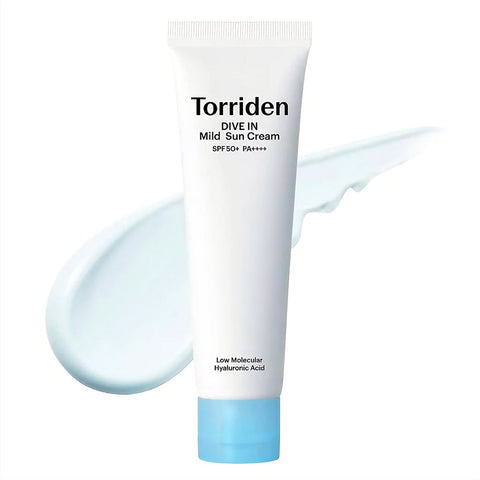
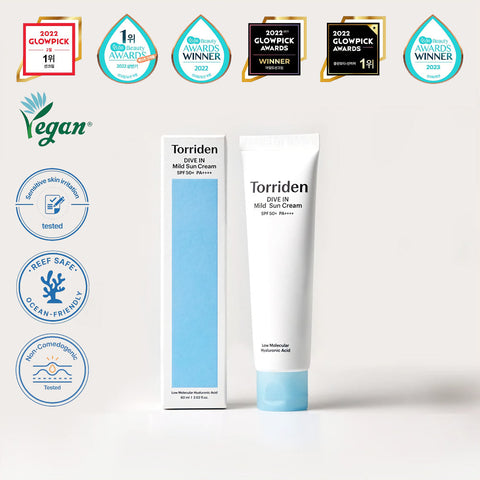
![[Some By Mi] Lacto Soy Mild Peeling Bubble Cleanser](http://yepposoonsoo.se/cdn/shop/files/some-by-mi-lacto-soy-mild-peeling-bubble-cleanser_e0fc0171-882c-4c7f-ba9a-7d0d97c2e15c.jpg?v=1733767315&width=480)
![[Some By Mi] Lacto Soy Mild Peeling Bubble Cleanser](http://yepposoonsoo.se/cdn/shop/files/some-by-mi-lacto-soy-mild-peeling-bubble-cleanser-2_2b120f79-8b66-47ec-b389-8789bf150245.jpg?v=1733767315&width=480)
![[HEVEBLUE] Salmon Caring Centella Light Cleansing Oil](http://yepposoonsoo.se/cdn/shop/files/heveblue-salmon-caring-cleansing-oil_1727f137-2a3d-4435-95e0-7b307510f7d3.jpg?v=1731634383&width=480)
![[HEVEBLUE] Salmon Caring Centella Light Cleansing Oil](http://yepposoonsoo.se/cdn/shop/files/heveblue-salmon-caring-cleansing-oil-2.jpg?v=1731634383&width=480)
![[Isntree] Yam Root Vegan Milk Toner](http://yepposoonsoo.se/cdn/shop/files/isntree-yam-root-vegan-milk-toner_eb5addda-4ee4-4acf-ad92-a6b0c8b62c03.jpg?v=1729231250&width=480)
![[Isntree] Yam Root Vegan Milk Toner](http://yepposoonsoo.se/cdn/shop/files/isntree-yam-root-vegan-milk-toner-2_55241f91-7c09-407e-b75c-c2a9344f84eb.jpg?v=1729231250&width=480)
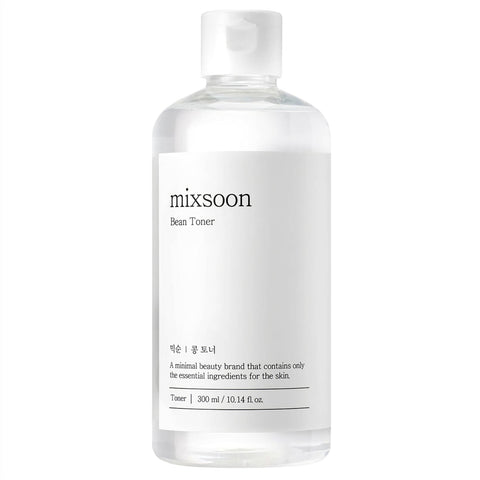
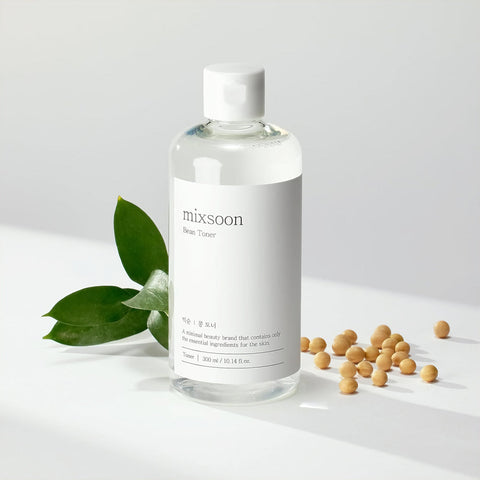
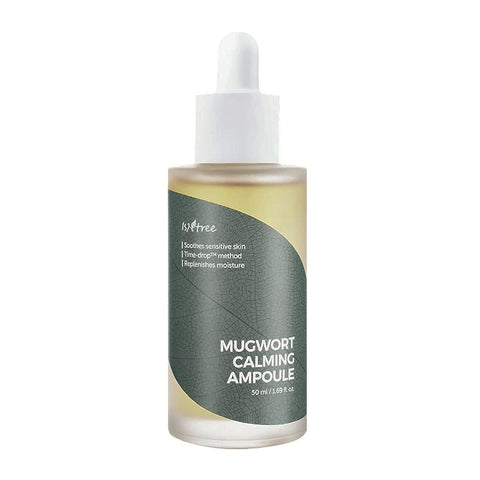
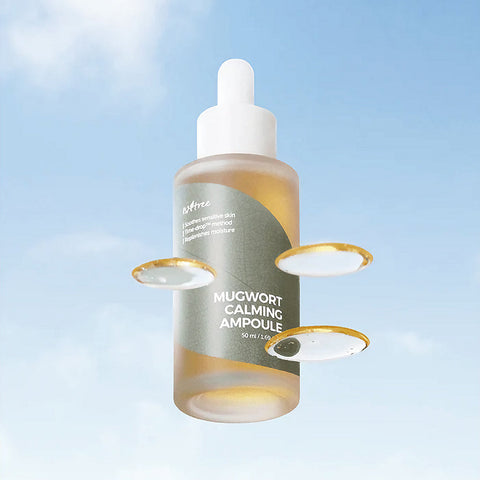
![[Round Lab] Birch Juice Moisturizing Sun Cushion](http://yepposoonsoo.se/cdn/shop/files/15g_1.png?v=1755669515&width=480)
![[ETUDE] SoonJung pH 5.5 Relief Toner](http://yepposoonsoo.se/cdn/shop/files/ETUDESOONJUNG5.5Toner200ml_21AD.jpg?v=1759926379&width=480)
![[ETUDE] SoonJung pH 5.5 Relief Toner](http://yepposoonsoo.se/cdn/shop/files/ETUDE_HOUSE_Soon_Jung_pH_5.5_Relief_Toner_200ml.jpg?v=1759926378&width=480)
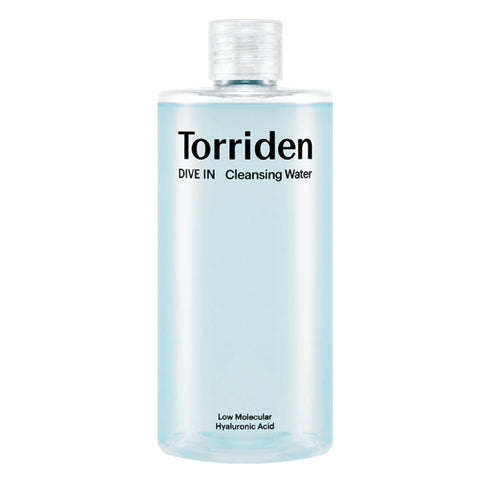
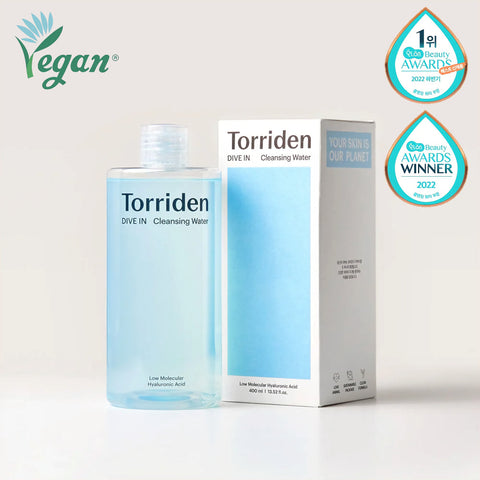
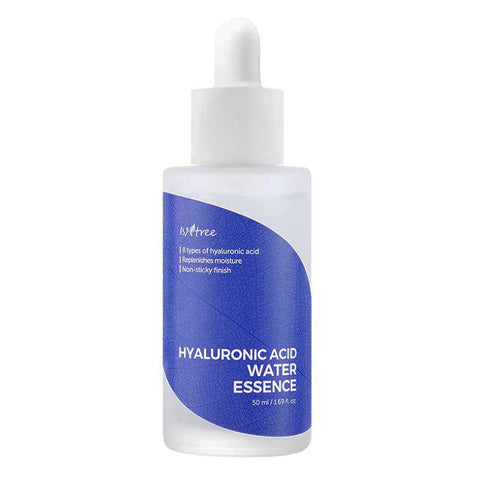
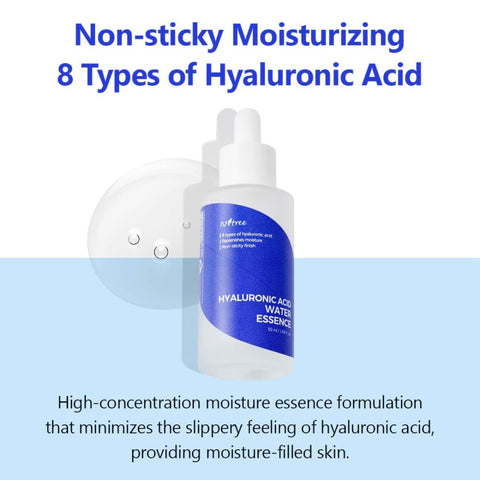

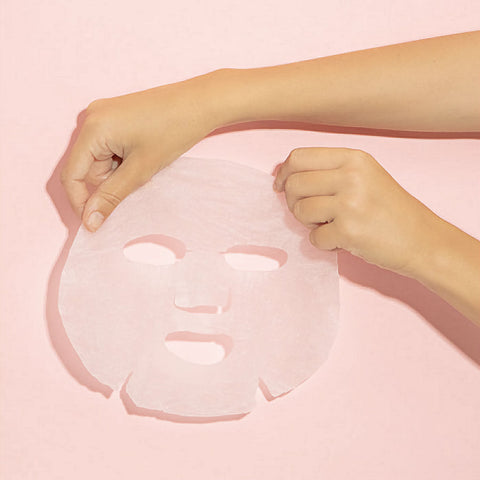


![[Some By Mi] Lacto Soy Low pH Morning Cleansing Bar](http://yepposoonsoo.se/cdn/shop/files/some-by-mi-lacto-soy-low-ph-morning-cleansing-bar_ee763a85-9eac-4e50-aff2-8daa7b34a4fb.jpg?v=1729233778&width=480)
![[Some By Mi] Lacto Soy Low pH Morning Cleansing Bar](http://yepposoonsoo.se/cdn/shop/files/some-by-mi-lacto-soy-low-ph-morning-cleansing-bar-2_d0e5d002-0896-47e2-bed8-9cbb69d57a44.jpg?v=1729233778&width=480)
![[Some By Mi] Beta Panthenol Repair Body Cream](http://yepposoonsoo.se/cdn/shop/files/some-by-mi-beta-panthenol-repair-body-lotion_fadb4ee4-8ff1-43d5-bb6f-1a1f255885f4.jpg?v=1731636449&width=480)
![[Some By Mi] Beta Panthenol Repair Body Cream](http://yepposoonsoo.se/cdn/shop/files/some-by-mi-beta-panthenol-repair-body-lotion-2_dbf59331-fdff-4cc0-83eb-28bd6a1812f8.jpg?v=1731636449&width=480)
![[Abib] Gummy Sheet Mask Heartleaf Sticker](http://yepposoonsoo.se/cdn/shop/files/abib-gummy-sheet-mask-heartleaf-sticker-new_b2c3c6ad-3c37-48c8-8bf2-5910e73b1806.webp?v=1731929676&width=480)
![[Abib] Gummy Sheet Mask Heartleaf Sticker](http://yepposoonsoo.se/cdn/shop/files/abib-gummy-sheet-mask-heartleaf-sticker-new-2.jpg?v=1731929676&width=480)
![[Torriden] DIVE-IN Hyaluronic Acid Toner](http://yepposoonsoo.se/cdn/shop/files/Nayttokuva2022-9-23kello11.44.30.png?v=1729227511&width=480)
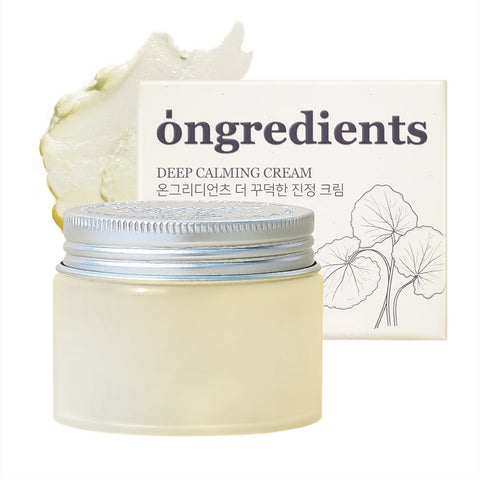
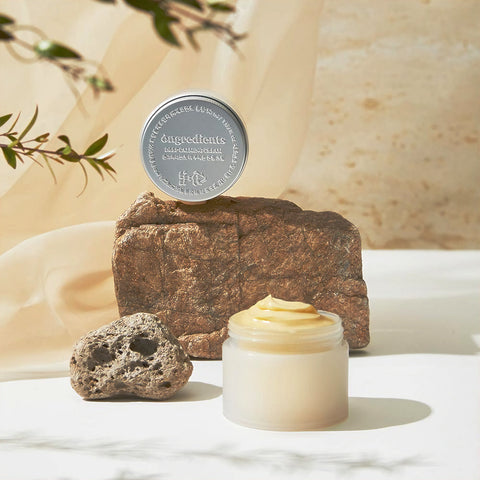
![[Some By Mi] Beta Panthenol Repair Cream](http://yepposoonsoo.se/cdn/shop/files/Somebymi-Beta-Panthenol-Repair-Cream_dfe018d9-e476-4000-9078-aab41a69e925.jpg?v=1756380161&width=480)
![[Some By Mi] Beta Panthenol Repair Cream](http://yepposoonsoo.se/cdn/shop/files/SOMEBYMIBetaPanthenolRepairCream_50ml_6.png?v=1756380161&width=480)
![[Frudia] Essential Blemish Recovery Balm](http://yepposoonsoo.se/cdn/shop/files/Frudia-Essential-Blemish-Recovery-Balm_d2d03a2d-e1a3-4476-96af-6ba864d69a61.webp?v=1735354279&width=480)
![[Frudia] Essential Blemish Recovery Balm](http://yepposoonsoo.se/cdn/shop/files/Frudia-Essential-Blemish-Recovery-Balm-mood_c4a88c5b-89a5-4ffe-887b-e1acc513120a.webp?v=1735354279&width=480)
![[ETUDE] SoonJung Sheet Mask Panthensoside](http://yepposoonsoo.se/cdn/shop/files/ETUDE-SoonJung-Sheet-Mask.jpg?v=1759925480&width=480)
![[ETUDE] SoonJung Sheet Mask Panthensoside](http://yepposoonsoo.se/cdn/shop/files/ETUDE-SoonJung-Sheet-Mask1.jpg?v=1759925480&width=480)

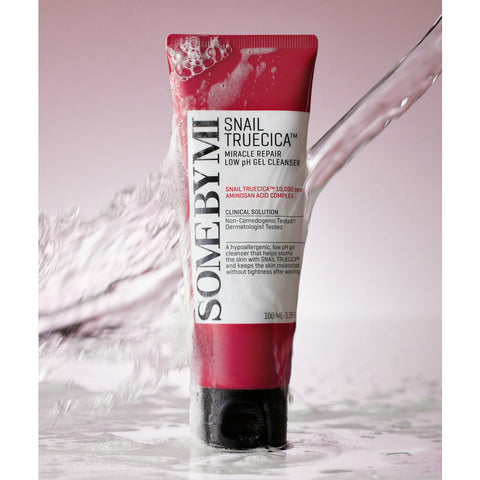
![[Dr.Different] Cica Metal Cream](http://yepposoonsoo.se/cdn/shop/files/dr-different-cica-metal-cream_d565259c-6f96-40b7-8bd4-2f078b0f801b.jpg?v=1729230382&width=480)
![[Dr.Different] Cica Metal Cream info](http://yepposoonsoo.se/cdn/shop/files/dr-different-cica-metal-cream-info_ce8bc0ae-3172-44cf-bad7-816b66362ddf.jpg?v=1729230382&width=480)
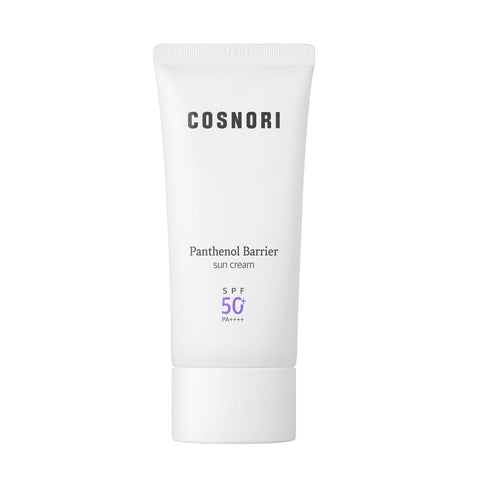
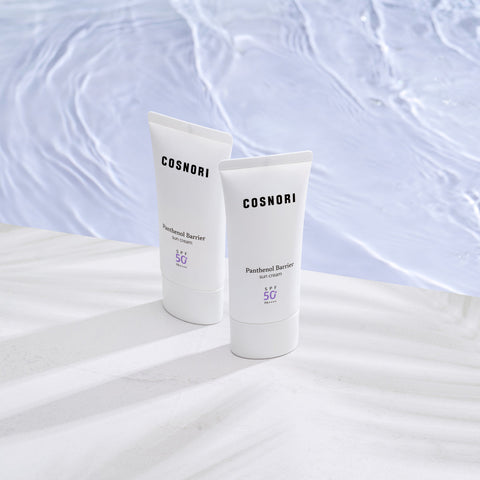
![[Torriden] DIVE-IN Hyaluronic Acid Cream](http://yepposoonsoo.se/cdn/shop/files/Torriden_Dive-In_Low_Molecule_Hyaluronic_Acid_Cream_ffddfd5b-40c9-46ee-8c22-52570802eb9a.jpg?v=1729227464&width=480)
![[Torriden] DIVE-IN Hyaluronic Acid Cream](http://yepposoonsoo.se/cdn/shop/files/torriden-dive-in-cream-renewal-main-with-emblem_1024x1024_e442727c-a886-4f6c-aea1-add39b2130b2.webp?v=1729227464&width=480)
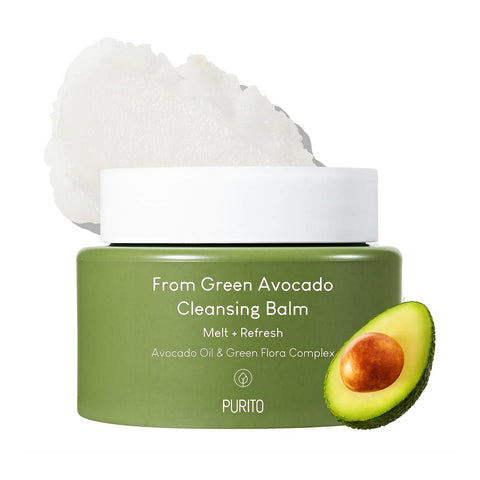
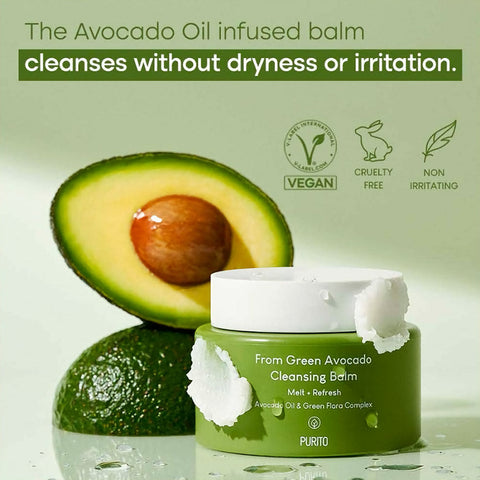
![[Frudia] Avocado Greenery Relief Sun Cream](http://yepposoonsoo.se/cdn/shop/files/AvocadoGreeneryReliefSunCream_561db6ca-68c9-422c-ae72-23c9673f2079.jpg?v=1735354268&width=480)
![[Frudia] Avocado Greenery Relief Sun Cream](http://yepposoonsoo.se/cdn/shop/files/Frudia-Avocado-Greenery-Relief-Sun-Cream_723425ba-8020-4461-a8f0-52c871c84d1b.webp?v=1735354268&width=480)
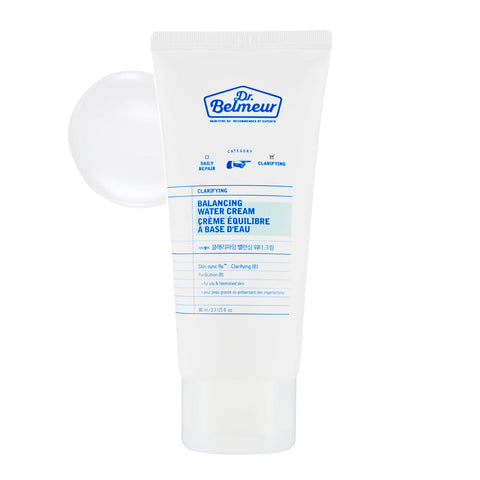
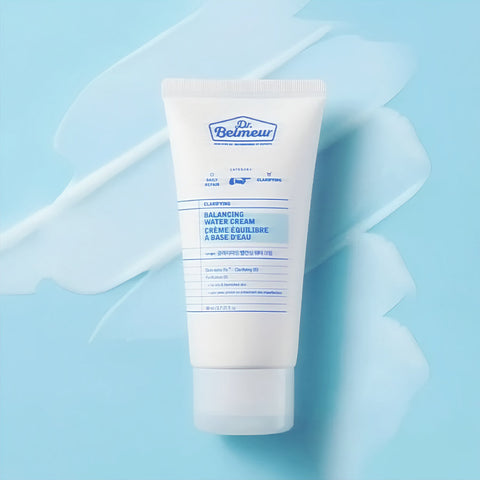
![[Dr.Different] 113 Moisturizer](http://yepposoonsoo.se/cdn/shop/files/dr-different-113-moisturizer_3550f58a-c2b8-4728-ad06-9fb8143fb2e5.jpg?v=1729230333&width=480)
![[Dr.Different] 113 Moisturizer info](http://yepposoonsoo.se/cdn/shop/files/dr-different-113-moisturizer-2_4312a46a-c515-46c6-ba8e-ff5f97d10171.jpg?v=1729230333&width=480)
![[Dr.Different] 1st Cleanser](http://yepposoonsoo.se/cdn/shop/files/dr-different-1st-cleanser_5b7d1a86-ea55-4027-be24-6c2785cd8f99.jpg?v=1729230353&width=480)
![[Dr.Different] 1st Cleanser](http://yepposoonsoo.se/cdn/shop/files/dr-different-1st-cleanser-2_2d768b32-c6e4-468a-9efb-93d397c47104.jpg?v=1729230353&width=480)
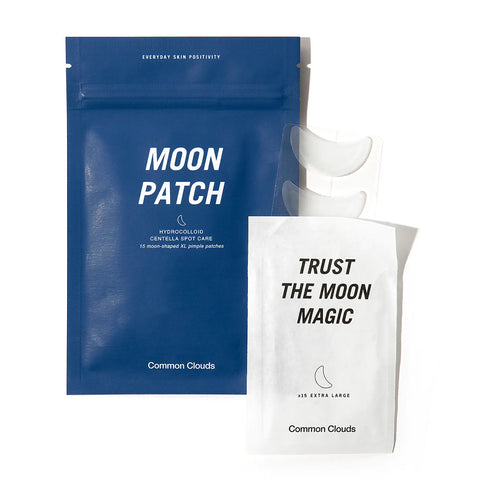
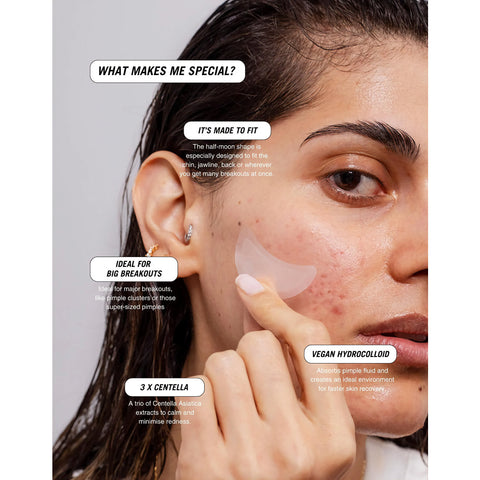
![[ETUDE] SoonJung Hydro Barrier Cream](http://yepposoonsoo.se/cdn/shop/files/etude-soonjung-hydro-barrier-cream-jar-1.jpg?v=1753943483&width=480)
![[ETUDE] SoonJung Hydro Barrier Cream](http://yepposoonsoo.se/cdn/shop/files/etude-soonjung-hydro-barrier-cream-jar.webp?v=1753943484&width=480)
![[Jumiso] Waterfull Hyaluronic Toner](http://yepposoonsoo.se/cdn/shop/files/Jumiso-Waterfull-Toner.webp?v=1741699441&width=480)
![[Jumiso] Waterfull Hyaluronic Toner](http://yepposoonsoo.se/cdn/shop/files/Jumiso-Waterfull-Hyaluronic-Toner2.webp?v=1741699442&width=480)
![[Dr.Different] 131 Moisturizer](http://yepposoonsoo.se/cdn/shop/files/dr-different-131-moisturizer_3e53804d-ac0d-43e4-a4a3-021d291878dc.jpg?v=1729230343&width=480)
![[Dr.Different] 131 Moisturizer info](http://yepposoonsoo.se/cdn/shop/files/dr-different-131-moisturizer-info_055ad3a6-d3a6-46f8-8327-b1436573c75e.jpg?v=1729230343&width=480)
![[Dr.Different] 311 Moisturizer](http://yepposoonsoo.se/cdn/shop/files/dr-different-311-moisturizer_8ef387c4-279f-4591-a656-1b63ada8b54c.jpg?v=1729230374&width=480)
![[Dr.Different] 311 Moisturizer info](http://yepposoonsoo.se/cdn/shop/files/dr-different-311-moisturizer-2_171663cb-c26f-41c8-bf85-10a6128f9360.jpg?v=1729230374&width=480)
![[Klairs] Rich Moist Foaming Cleanser](http://yepposoonsoo.se/cdn/shop/files/klairs-rich-moist-foaming-cleanser_b6b4f855-206d-47b0-be13-d4ee120c7d95.jpg?v=1729223592&width=480)
![[Klairs] Rich Moist Foaming Cleanser](http://yepposoonsoo.se/cdn/shop/files/klairs-rich-moist-foaming-cleanser-2_4f18113d-de71-494c-8e76-8a44a0203c7b.jpg?v=1729223592&width=480)
![[Make P:rem] UV Defense Me Calming Tone Up Sun Cream](http://yepposoonsoo.se/cdn/shop/files/makeprem-uv-defense-me-calming-tone-up-sun-cream_b5361060-90ec-4b98-a1ae-165b64c1f50b.jpg?v=1725072080&width=480)
![[Make P:rem] UV Defense Me Calming Tone Up Sun Cream](http://yepposoonsoo.se/cdn/shop/files/makeprem-uv-defense-me-calming-tone-up-sun-cream-2_b486c7f6-6c9b-4054-ad4c-e39482c5ed47.jpg?v=1725072080&width=480)
![[Dr.Different] Zero Cleanser (Normal & Dry Skin)](http://yepposoonsoo.se/cdn/shop/files/dr-different-zero-cleanser-normal-and-dry-skin_67d5941a-b931-4b07-8ba8-2b16964bbe03.jpg?v=1729230446&width=480)
![[Dr.Different] Zero Cleanser (Normal & Dry Skin)](http://yepposoonsoo.se/cdn/shop/files/dr-different-zero-cleanser-normal-and-dry-skin-2_f4df8f0d-8868-4d6d-9eb1-d0f0a5b47d3f.jpg?v=1729230446&width=480)
![[Dr.Different] 1st Cleansing Milk](http://yepposoonsoo.se/cdn/shop/files/dr-different-1st-cleansing-milk_17261160-70ab-4bf5-b983-5a52eed4cc4e.jpg?v=1729230363&width=480)
![[Dr.Different] 1st Cleansing Milk](http://yepposoonsoo.se/cdn/shop/files/dr-different-1st-cleansing-milk-2_daf3babb-32ff-429f-a2a1-9e97bdc4d6bc.jpg?v=1729230363&width=480)
![[Derma:B] CeraMD Repair Cream Wash](http://yepposoonsoo.se/cdn/shop/files/DermaB-CeraMD-Repair-Cream-Wash_68b59cf9-ef58-47a9-b6e1-0e28ccfd25df.jpg?v=1729222127&width=480)
![[Round Lab] Birch Juice Moisturizing Cream](http://yepposoonsoo.se/cdn/shop/files/Round-Lab-Birch-Juice-Moisturizing-Cream.png?v=1751531594&width=480)
![[Round Lab] Birch Juice Moisturizing Cream](http://yepposoonsoo.se/cdn/shop/files/Round-Lab-Birch-Juice-Moisturizing-Cream1.jpg?v=1751531594&width=480)
![[Goodal] Vegan Rice Milk Moisturizing Cream](http://yepposoonsoo.se/cdn/shop/files/vegan_1800x1800_jpg_1c23a71b-b4de-4f80-ba80-bea06e4b64b0.webp?v=1734093865&width=480)
![[Goodal] Vegan Rice Milk Moisturizing Cream](http://yepposoonsoo.se/cdn/shop/files/vegancream_1800x1800_jpg_76b8e78b-abd5-4edf-a249-48b69e75fd76.webp?v=1734093865&width=480)
![[Round Lab] 1025 Dokdo Cleansing Oil](http://yepposoonsoo.se/cdn/shop/files/Round-Lab-Cleansing-Oil.png?v=1751554879&width=480)
![[Round Lab] 1025 Dokdo Cleansing Oil](http://yepposoonsoo.se/cdn/shop/files/round-lab-1025-dokdo-cleansing-oil-4_da04dd90-f532-4469-abe0-a548ba207119.jpg?v=1751554880&width=480)
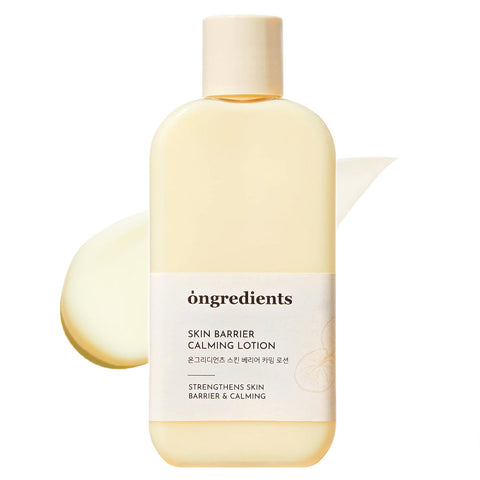
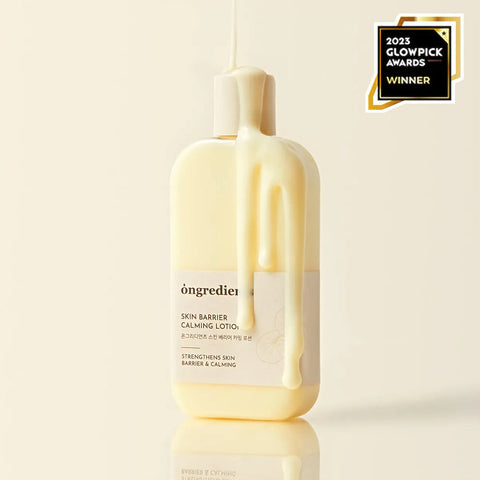
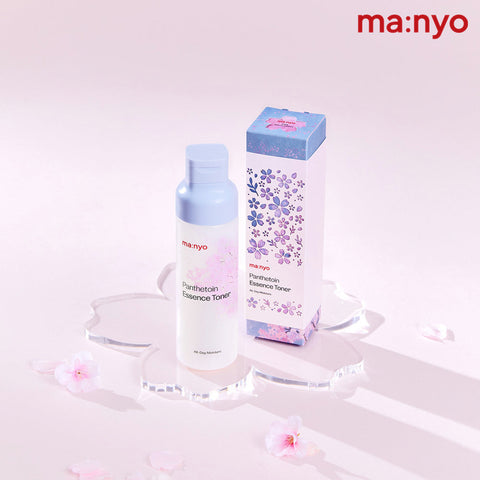
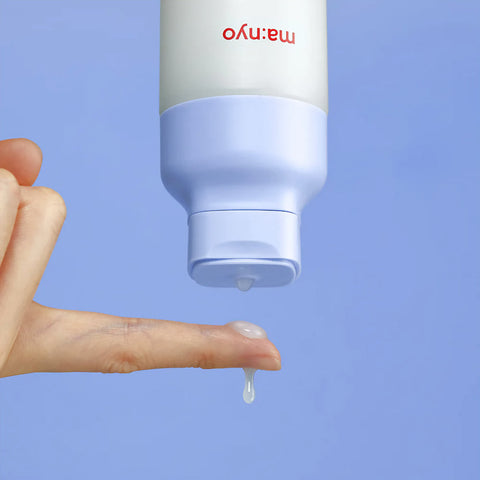
 info@yepposoonsoo.se
info@yepposoonsoo.se
 14 dagar returrätt
14 dagar returrätt
 PCI-DSS Compliant
PCI-DSS Compliant
 PayPal Buyer Protection
PayPal Buyer Protection
 Klarna – Pay Securely
Klarna – Pay Securely